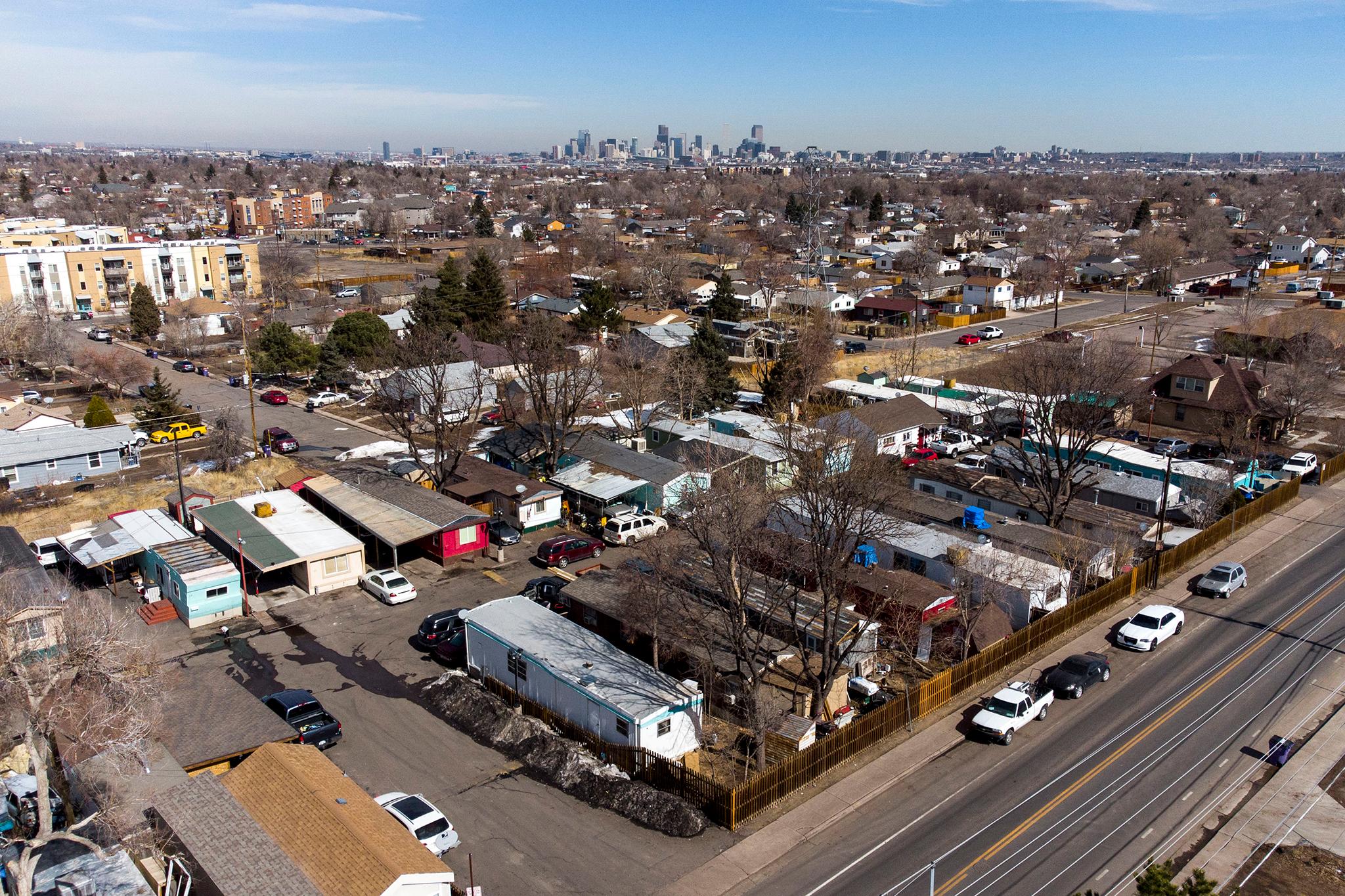An effort to preserve mobile home parks in Denver is set to appear before City Council in early 2023.
A moratorium to halt development on park properties passed through the Land Use, Transportation and Infrastructure Committee Tuesday, giving city officials proposed space to create new regulations for the parks.
Mobile home parks are an affordable housing option both in rent and homeownership. Residents often own their units and rent the land where the unit is located.
But in recent years, this method of living has placed residents at a higher risk of displacement because at any moment a developer can purchase the land and increase rent or change the land usage. Residents can't just pick up their units and relocate, so they're either forced to pay the higher rent or to sell.
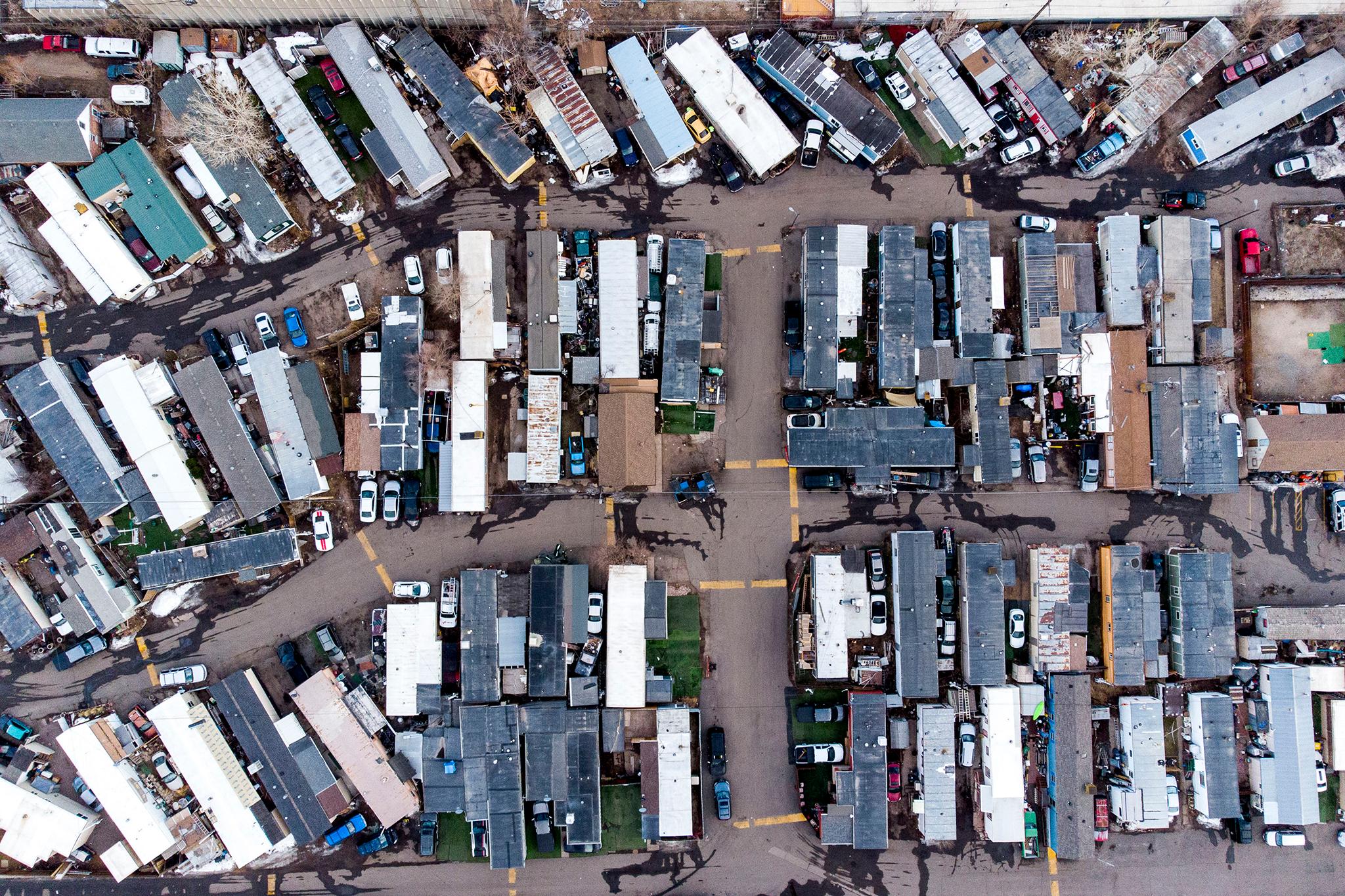
There are five operational mobile home parks in Denver: two in Elyria-Swansea and the rest in Westwood, Athmar Park and College View/South Platte.
Housing advocates have repeatedly argued that, given Colorado and Denver's need for more affordable housing, preserving what's already affordable needs to be as important as building new housing options.
But in Denver, preserving mobile home parks can be especially difficult considering that mobile home parks essentially aren't allowed in the city.
According to Denver zoning laws, new mobile home parks have not been allowed in the city since 1956. Existing parks were allowed to continue operating, but they can't expand or add additional units to the lot. The existing units can be maintained and repaired, but can only be replaced by a unit that's "substantially similar in construction and size."
Councilmember Jamie Torres said the current zoning laws leave parks at a standstill, opening them up further to predatory purchasing. Torres, along with Councilmembers Candi CdeBaca and Jolon Clark, created a working group to figure out short-term solutions that would allow council to focus on saving existing parks and developing long-term solutions.
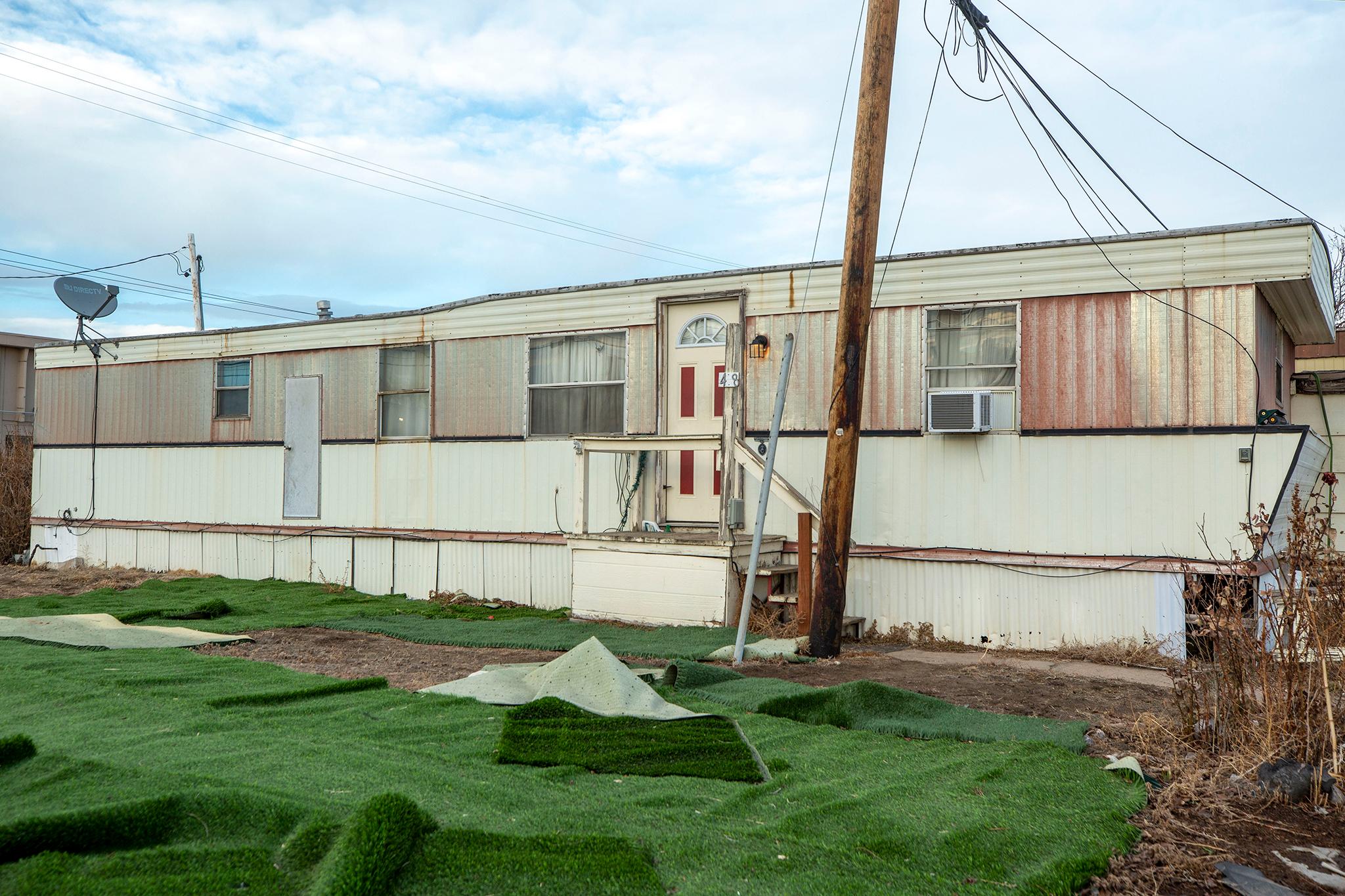
"Bringing the moratorium was one of the ways that we could create some breathing room so that we know that parks wouldn't turn over or redeveloped while we were trying to figure out what future policies would need to look like," Torres said. "We don't wanna keep mobile home parks in that predatory housing space. We want them to be an asset for residents and we need to create the framework that allows that to happen."
The proposed moratorium would prevent any development plans from being proposed or enacted on mobile home park sites. If approved, the moratorium would last until April 2024.
Torres said the moratorium is an important piece of the short-term puzzle.
The group is also working on a text amendment that would allow residents to renovate or replace their existing units. Torres said currently the zoning law considers replacement or renovation of units as an expansion of the park, which is illegal. She added that some residents have been living in the same units for more than 10 years.
Torres said she hopes both pieces can be presented to City Council in early 2023. While the moratorium is in place, Torres said the group will be looking into some long-term solutions, such as creating zoning for mobile home districts or creating individual zoning for each park to ensure they can be preserved.
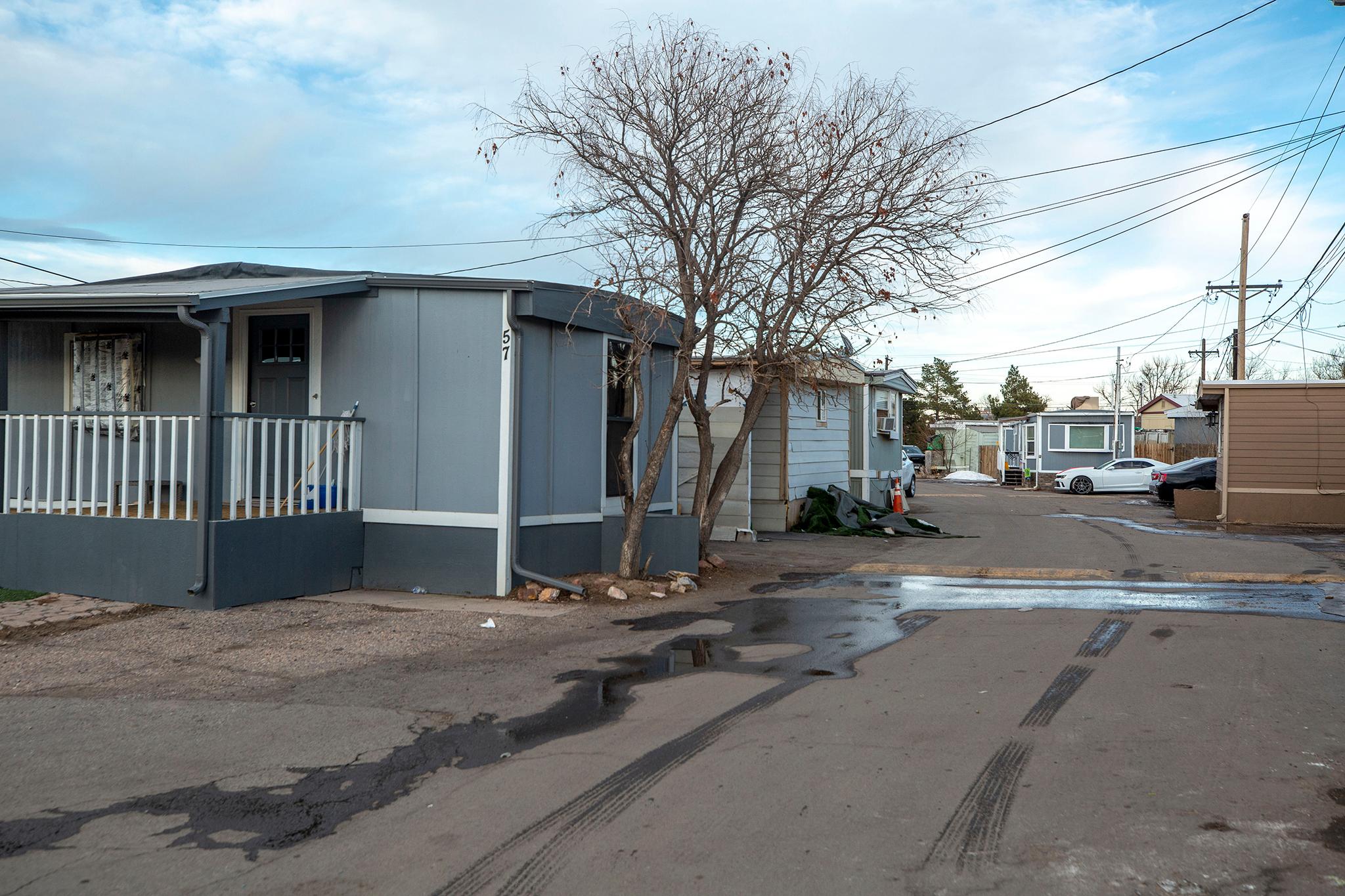
At the state-level, lawmakers have been working on ways to protect park residents. Some of the key components of the Mobile Home Park Act, which passed in 2019 and was revised this year, include requiring park owners to provide at least 90 days' notice to residents if they intend to sell or transfer the park to a new owner, and at least 12 months' notice if the owner intends to change the use of the land.
This gives residents the opportunity to purchase the land themselves. The law also created "Mobile Home Park Act Dispute Resolution and Enforcement Program," which created a database of operational mobile home parks, their owners and whether any violations have been reported.
Torres said an ultimate goal would be for residents to purchase the land themselves. Currently, the park in Torres' District 3 is up for sale and residents are attempting to purchase the lot and create a Resident Owned Community, or ROC, with the help of Thistle, a private non-profit organization that focuses on permanently affordable rentals and homes.
ROC USA is also a nonprofit that helps convert mobile homes parks into resident-owned land. Having the park become an ROC would essentially create a cooperative housing model.
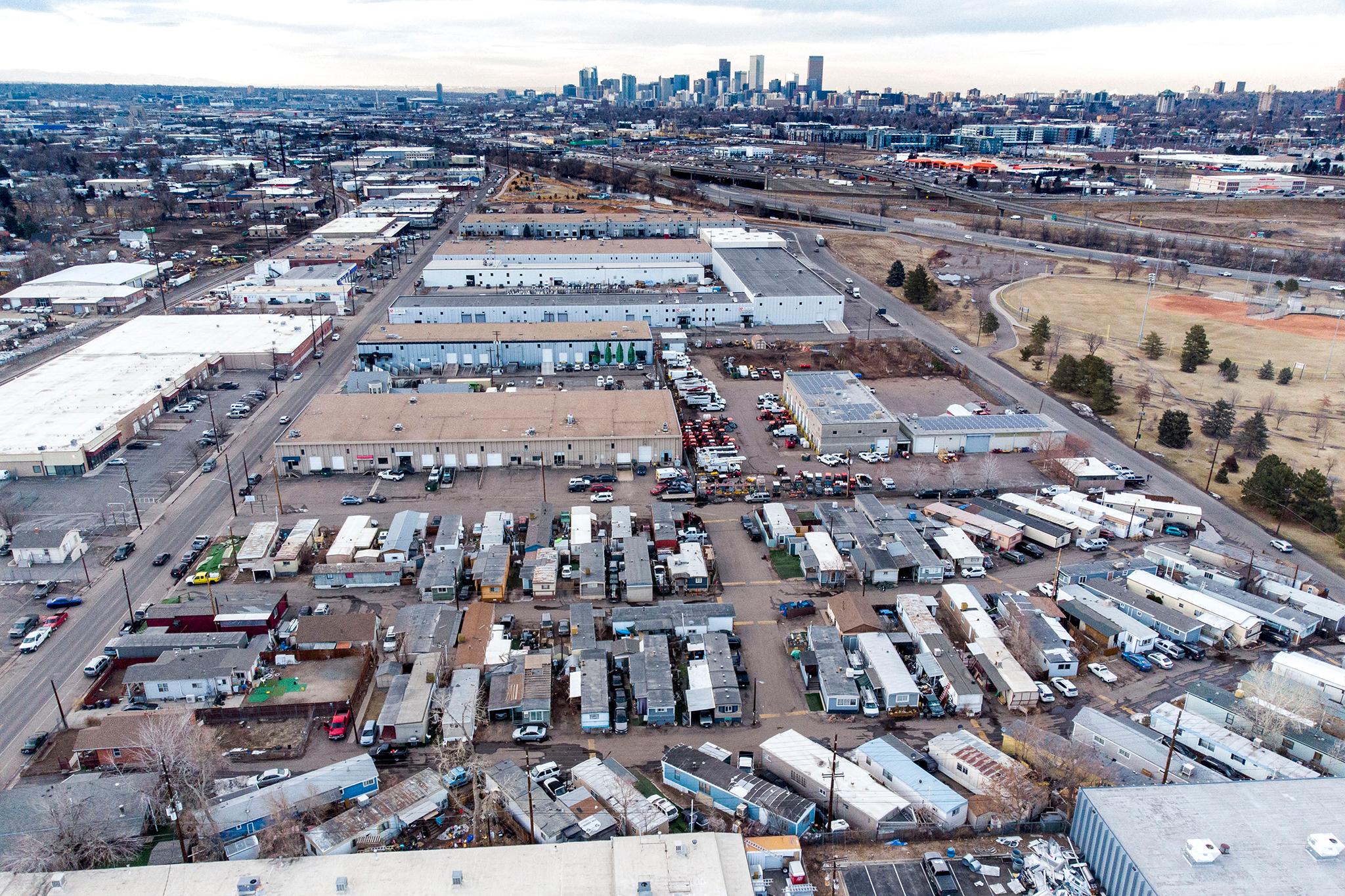
Other organizations, such as Elevation Community Land Trust and 9to5 Colorado are also working on ways to help residents purchase the land, so that ultimately the parks stay affordable and attainable.
"This path that we're lining up would allow residents to own their park, own their land, which is something that is a desirable outcome," Torres said. "I think there are innovative ways that folks can re-envision what a mobile home park looks like while still keeping the affordability and accessibility that it's always offered to families."
Correction: An earlier version of this story referenced Elevation Community Land Trust incorrectly. We regret the error.

